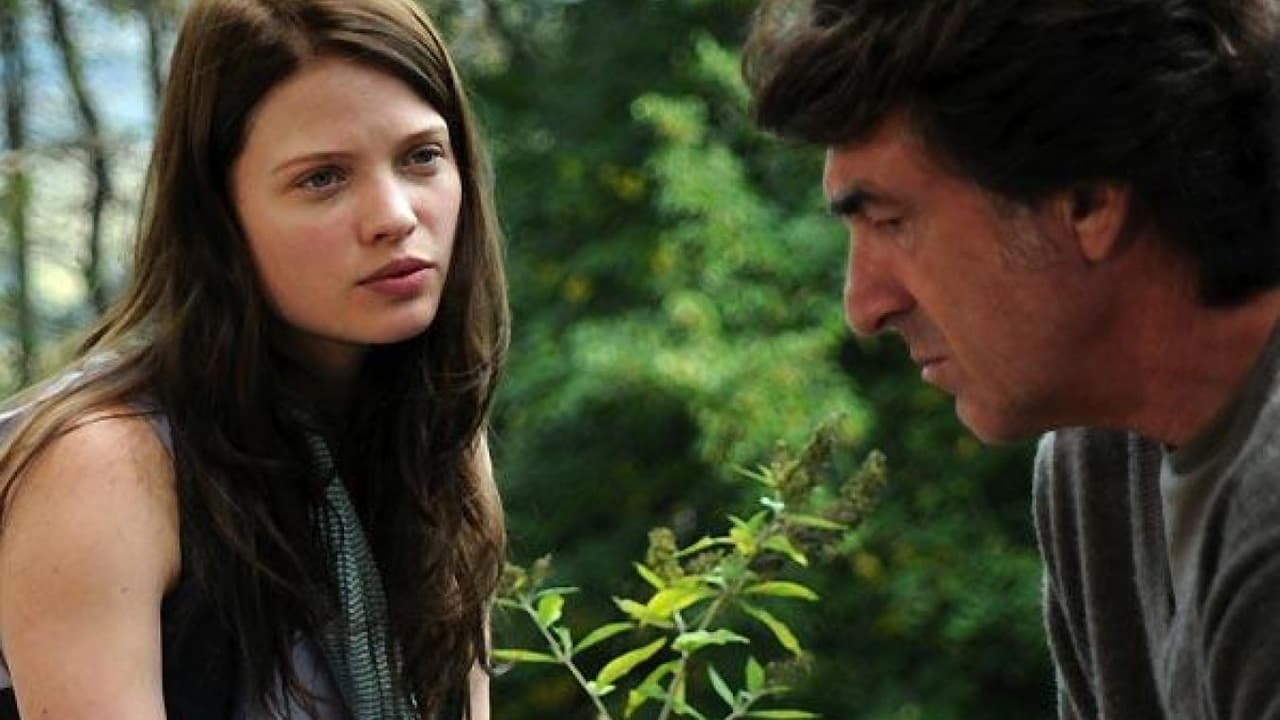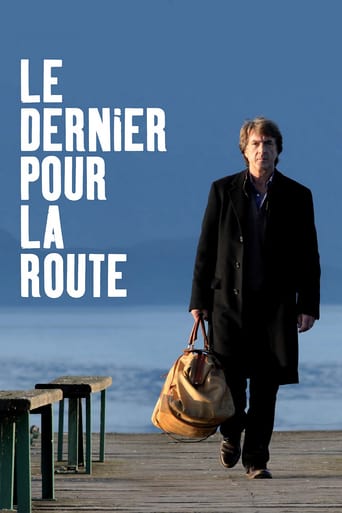Organnall
Too much about the plot just didn't add up, the writing was bad, some of the scenes were cringey and awkward,
Bob Taylor
I tried to recall the movies about alcoholism I have seen; I stopped after The Days of Wine and Roses and 28 Days. I've probably seen more, but the subject is just so depressing and makes so many demands on the viewer that forgetting is easier than remembering. The trouble with addiction is that it reduces the possibilities of life, makes people less interesting and less able to communicate with others. Le Dernier pour la route is a bold attempt to get inside the alcoholic's head, to examine his fears and failures to deal with life. The scene in which Pierre admits his terror to Herve that he won't be able to deal with life on the outside moved me very much. If the sketchy aspect of Magali's character is a drag on the film, that is one of the few drawbacks in an otherwise strong effort from Philippe Godeau.There is no actor in France like Francois Cluzet for portraying isolation and desperation, and here he makes us feel how cornered Herve feels: his wife really doesn't want him to come back home and his son thinks the condition is a sign of moral weakness. Michel Vuillermoz is so gallant as Pierre that we feel his ultimate fate the more keenly.
guy-bellinger
Alcoholism is hardly a new film subject. From 'Lost Weekend' (1945) to 'Days of Wine and Roses (1962) to 'Leaving Las Vegas' (1995) to Erick Zonca's 'Julia' (2008), examples abound. The reason may be that, practically a genre in itself, the "binge movie" allows its director and actors to indulge in excesses: erratic behavior, fits of violence or depression, delirium tremens, withdrawing syndrome, the lot ... complete with hand-wringing, bulging eyes, twisted mouth. All of which gives rise to impressive , sometimes memorable, scenes and it is true that only Alzheimer's Disease can make you forget the outstanding performances of Ray Milland, Jack Lemmon & Lee Remick, Nicolas Cage and Tilda Swinton in the titles mentioned above.For his part, Philippe Godeau, an ambitious French producer ('Le huitième jour', 'C'est la vie', 'Oscar et la dame rose') and first-time director, has opted for a much more restrained approach, which does not mean "Le dernier pour la route' is not serious and gripping. On the contrary.Indeed by choosing to concentrate on the detoxification therapy of Hervé, his main character, and to evoke his descent into hell only through short flashbacks, Godeau, who also wrote with Agnès de Sacy from Hervé Chabalier's autobiography, ruled out all that was spectacular and maybe a bit lurid in favor of realism and reflection. After all, the point here is not to describe the eye-catching downfall of a drunk but the rebirth of a responsible man who has decided to reconstruct his life and his relationship with his wife and son. Challenge met successfully since this rather austere movie keeps us interested all the time. As a matter of fact, we take to all the characters, patients and therapists alike, whatever their defects and foibles may be.As Hervé, François Cluzet is in tune with the style of the film, serious and ... sober! Two other performers stand out: Michel Vuillermoz in the role of Pierre, the desperate clown of the clinic, and Mélanie Thierry, embodying a troubled and troubling young patient, who will develop a strange love-hate relationship with Hervé.I said before that there were no such things as "great scenes" in "Le dernier pour la route", but there ARE a few powerful ones such as Hervé's wife's painful visit, all the scenes featuring Pierre, especially his moving death, and those involving the unsettling and unpredictable Magali. You will not be disappointed by 'Le dernier pour la route' It is indeed a rewarding movie, at once educational, moving (witout being over-sentimental) and very sincere. By staying away from gruesome effects,Philippe Godeau has succeeded in finding the right tone and sticking to it throughout. Which is no slight feat for a new director.

